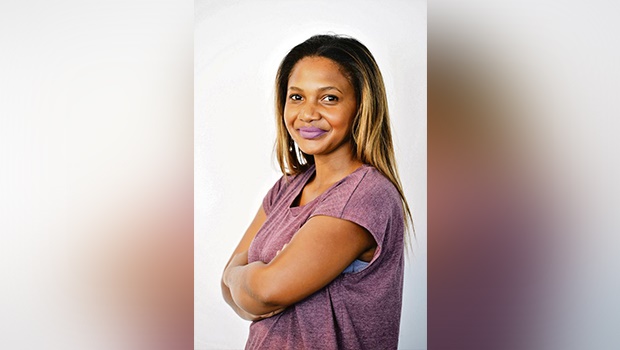
One of the most endearing parts of being home with my family is that I get to participate in their daily (never-changing) routine. Every night, I make myself comfortable when it’s time to watch 7de Laan on SABC2, which is followed by Suidooster on kykNET and then it’s back to SABC2 to watch the Afrikaans news bulletin.
It’s the most TV I watch in my mother tongue all year, and much of it is enjoyable. However, the heavy white Afrikaans accents the coloured people have on those shows and in the news bulletins are jarring.
They look like people I know, but sound nothing like them. The entire experience is uncomfortable because each person’s posture is like that of someone who is reaching deep within to prove that “we are better than our masters” by changing the way they pronounce their words.
If you go to a local mall in the northern suburbs of Cape Town, just stand close to a coloured person and a white person and listen to their interaction. It’s like it’s automated.
While watching these shows with my family, I remembered receiving voice training from a radio drama coach as a young news reader to soften my accent. Before every bulletin, I would get increasingly insecure about what I sounded like. At times, I imitated other news readers or morphed into a character I created in my head so that I could enunciate words the way I thought I was expected to.
Some words with an “r” in them are just really difficult for me to say without my Belhar accent coming through. It’s a fact.
Do I wish I’d made a fuss about my accent then the way I freely do now? Absolutely! Perhaps if I had, I and other kids where I come from would hear voices that sound like ours and feel proud of the representation.
Who decided that the English or Afrikaans news wouldn’t be understood if people spoke in their authentic accents?
We all mock DA leader Mmusi Maimane’s many accents, but the way he switches from one to another speaks to the racist way we have been judged for how we speak. This leads to our being psychologically wired to believe that our accents influence the perception of others of our intelligence.
I suspect that Maimane has experienced these cringeworthy words spoken by white people: “Where did you grow up? You speak English so well.” Some identify this as a pseudo compliment and carry the knowledge with pride that their accent “passes the test”.
Accents in South Africa, especially in the black and coloured communities, have always been political. In his 2014 master’s thesis (The economics of language: accents, trust and social exchange in labour market), Ece Yagman found that, in a corporate environment, a higher level of trust was attached to people whose mother tongue was English. This, he says, is because speaking English without an accent is often associated with positive attributes such as confidence and alertness, which, in turn, are correlated with perceptions of trustworthiness.
Black identity is stigmatised and we’ve therefore been discouraged from speaking authentically.
I hope I’ll someday get to hear voices like mine within pop culture on TV and radio – voices like Dope Saint Jude and YoungstaCPT.
 |
| ||||||||||||
| |||||||||||||




 Publications
Publications
 Partners
Partners








